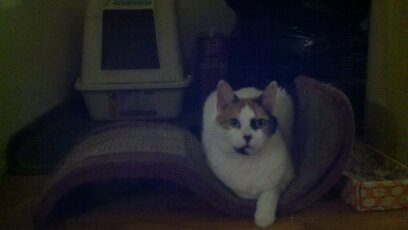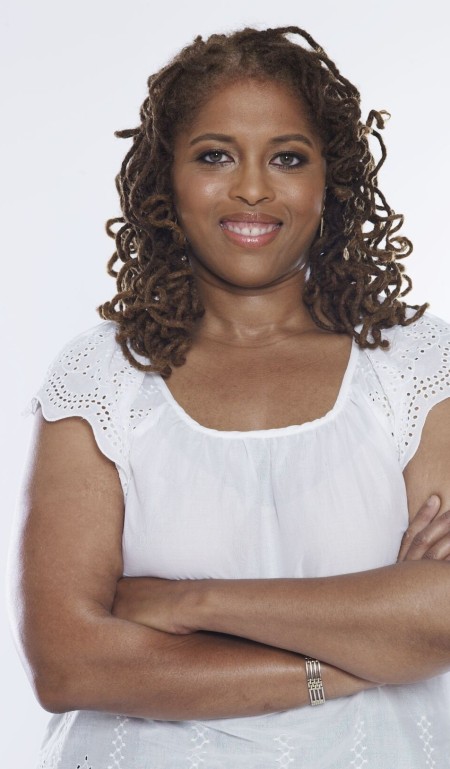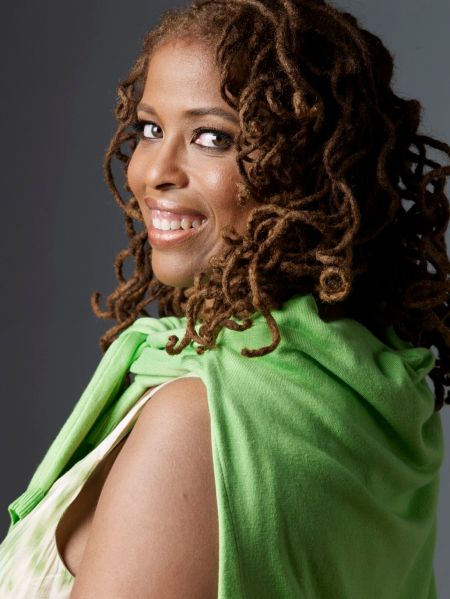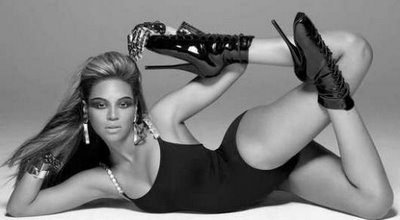My company’s chief legal officer is fond of saying, “Sometimes you gotta take out the trash.”
In her lexicon, the “trash” represents all of those unpleasant little tasks that no one wants to do, but which need to get done. She makes an effort to distribute the trash-taking responsibilities democratically so one person isn’t saddled with it all the time, but there’s still the silent grumbling whenever you’re the one who’s handed the big, steaming pile to take to the curb.
In my house, the dreaded task is cleaning the litter box. We have only one cat – one normal-sized cat – and she doesn’t produce an extraordinary amount of stinky litter. But my kids go on about cleaning the litter box as if we have a pet tiger who’s eating goats for dinner.
The kids’ complaints are so annoying, most of the time, I clean the little box myself. If done on a regular basis, cleaning the litter box is not that big a deal. But every now and then, I’ll let it go for a few days, then make one of the kids clean it.
I don’t turn it into some great philosophical teaching moment. I don’t have any “Karate Kid” or “Kung-Fu Panda” style pearls of wisdom that flow from my mouth as they’re scooping. I let them grumble. When the grumbling is over, they still have to do it.
When I was a young law firm associate, the trash work was document review. Poring over pages upon pages of business correspondence and records was then, and is still now, the bane of every junior attorney’s existence.
I was the weirdo who actually liked reviewing the documents. It helped me understand the facts of the case. The need to ask questions about certain documents gave me an excuse to be in regular contact with the client, the type of client contact that eluded most junior associates. Because I had such a positive attitude about taking out the trash, I was entrusted early with more meaningful assignments.
The legal profession has changed. Computer programs sift through electronic records faster and with more accuracy than expensive associates. But no matter what one’s profession, and inside and outside the home, the trash work remains.
The best way to deal with the trash is to change your attitude towards it. The trash work isn’t sexy, but it’s necessary. It keeps everything flowing. If you don’t take out the trash, your home and/or workplace begins to look, metaphorically if not physically, like an episode of “Hoarders.”
You know you don’t want to do it. Do it anyway. Get it done. Get it out of the way.
But do it well, so you don’t have to go back later and clean up the mess you left behind.







